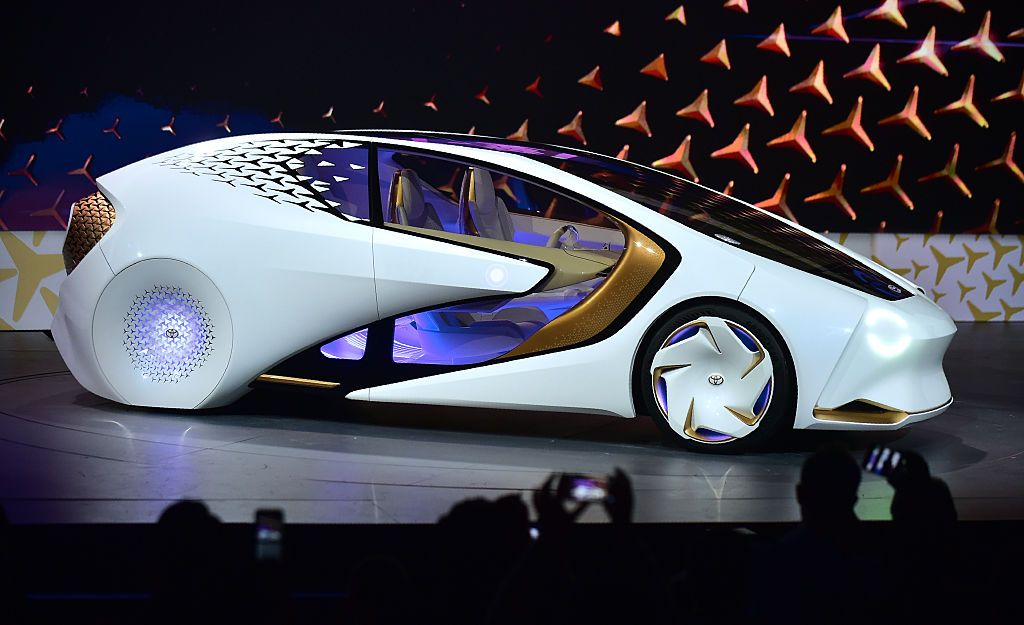Briggs Swift Cunningham II (1907–2003) made the cover of Time magazine's 26 April 1954 issue because of his effort to build American racing cars capable of winning the Le Mans 24 hour race. As his Wikipedia entry mentions, he did not succeed in winning there, but came close.
In addition to the racing cars, he had to build a number of passenger cars to qualify as a manufacturer in order to compete at Le Mans. Hence the C-3, subject of this post. It seems that 18 coupes and 9 convertibles were built. The Revs Instutute web page dealing with the C-3 in its collection states: "Giovanni Michelotti styled the body; Vignale built it in Turin".
The Cunningham C-3 Coupe was indeed a handsome car whose design was in the mainstream of what I consider the apex of post- World War 2 Italian styling. Because it was powered by a large Chrysler "hemi" V-8 motor, the C-3 was more massive than many coachbuilt Italian cars of the early 1950s. However, Michelotti and Vignale saw to it that it was graceful and not bloated.
Here is Briggs Cunningham's personal 1952 C-3. It sold at auction for $1,100,000, as this RM Sotheby's web page mentions. These first three images are from that site.
Side view. Note the long hood and that the driver's position is well abaft of the center of the car. Windshields in those days were far less sloped than today's wind tunnel tested versions. Perhaps the need for driver visibility is the reason for the highpoint of the roof being immediately behind the top of the windshield. Regardless, a slightly shorter windshield and a smoother transition curve on the roofline would look more attractive. This is my only styling complaint about an otherwise excellent design.
Well, one more small complaint. The C-3 has identical front and rear bumpers. That dished upper edge was needed to harmonize with the oval grille. A purely horizontal rear bumper is called for, but C-3s were hellishly expensive and a little cost-saving was called for, hence the shared bumpers.
Now for three photos I took of the 1953 C-3 at the Revs Institute in May 2017. Lighting conditions were bad due to the window in the background. This car lacks the bumper guards seen in Briggs Cunningham's 1952 C-3.
Another frontal view. As best I can tell, most C-3s had two-tone paint jobs.
Interior view. Passenger car seat belts were rare in 1953, so I wonder if the ones seen here were added years after this car was built.
Briggs Swift Cunningham II (1907–2003) made the cover of Time magazine's 26 April 1954 issue because of his effort to build American racing cars capable of winning the Le Mans 24 hour race. As his Wikipedia entry mentions, he did not succeed in winning there, but came close.
In addition to the racing cars, he had to build a number of passenger cars to qualify as a manufacturer in order to compete at Le Mans. Hence the C-3, subject of this post. It seems that 18 coupes and 9 convertibles were built. The Revs Instutute web page dealing with the C-3 in its collection states: "Giovanni Michelotti styled the body; Vignale built it in Turin".
The Cunningham C-3 Coupe was indeed a handsome car whose design was in the mainstream of what I consider the apex of post- World War 2 Italian styling. Because it was powered by a large Chrysler "hemi" V-8 motor, the C-3 was more massive than many coachbuilt Italian cars of the early 1950s. However, Michelotti and Vignale saw to it that it was graceful and not bloated.
Here is Briggs Cunningham's personal 1952 C-3. It sold at auction for $1,100,000, as this RM Sotheby's web page mentions. These first three images are from that site.
Side view. Note the long hood and that the driver's position is well abaft of the center of the car. Windshields in those days were far less sloped than today's wind tunnel tested versions. Perhaps the need for driver visibility is the reason for the highpoint of the roof being immediately behind the top of the windshield. Regardless, a slightly shorter windshield and a smoother transition curve on the roofline would look more attractive. This is my only styling complaint about an otherwise excellent design.
Well, one more small complaint. The C-3 has identical front and rear bumpers. That dished upper edge was needed to harmonize with the oval grille. A purely horizontal rear bumper is called for, but C-3s were hellishly expensive and a little cost-saving was called for, hence the shared bumpers.
Now for three photos I took of the 1953 C-3 at the Revs Institute in May 2017. Lighting conditions were bad due to the window in the background. This car lacks the bumper guards seen in Briggs Cunningham's 1952 C-3.
Another frontal view. As best I can tell, most C-3s had two-tone paint jobs.
Interior view. Passenger car seat belts were rare in 1953, so I wonder if the ones seen here were added years after this car was built.



















EmoticonEmoticon